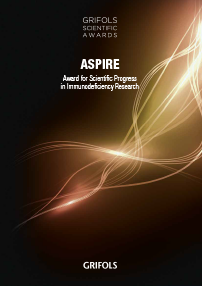Dr. Adrian Shields

An evaluation of the utility of dried blood spots for the diagnosis and monitoring of immunodeficiency.
Lay summary of project
Immunodeficiencies are rare diseases associated with increased susceptibility to infections. In resource-limited settings, immunodeficiency cannot be reliably diagnosed because 47% of the worlds’ population have no access to even basic laboratory tests. In the developed world, individuals with immunodeficiencies often travel long distances, at considerable personal expense, to attend hospital appointments for blood tests to diagnose and monitor their condition.
Dried blood spots (DBS) have the potential to significantly improve access to diagnostic tests. They can be performed by anyone, anywhere, without specialist medical knowledge or support. They are cheaper than blood tests and save people the time, expense, and inconvenience of hospital visits. We have already shown that DBS are as good as conventional blood tests to measure COVID antibodies and that people with immunodeficiency prefer DBS to regular blood tests, particularly if they live a long distance from hospital.
This project will investigate whether the blood tests routinely used to diagnose and monitor immunodeficiency can be accurately performed using a simple DBS instead. If the project is successful, DBS have the potential to widen access to immunological testing in resource-limited settings and improve the patient experience in areas with established immunology services by enabling remote care and reducing the costs associated with repeat hospital appointments.
Brief Biography
Dr Adrian Shields is a clinical academic whose research focuses on improving the care of patients with primary and secondary immunodeficiencies.
He trained in medicine at King’s College London, undertaking a PhD in therapeutic gene delivery for inflammatory arthritis. His clinical training began in South London, before undertaking specialist training in Clinical Immunology, first in Oxford and later in Birmingham. During his clinical training, he has been fortunate enough to pursue research in diverse areas including the functional genetics of systemic lupus erythematosus, antigen discovery in paraneoplastic neurological conditions, and genomic approaches to the diagnosis of immunodeficiency.
After moving to Birmingham in 2018, he led the United Kingdom Primary Immunodeficiency Network COVID-19 registry, that produced a national case series documenting risk factors for severe COVID-19 in individuals with primary and secondary immunodeficiency. He has also co-led regional and national SARS-CoV-2 vaccine studies in immunodeficient cohorts including COV-AD (vaccine immunogenicity in antibody deficiency) and VERITY (vaccine immunogenicity following rituximab). His most recent work has centred on stratifying the severity of secondary immunodeficiency.
He was appointed Associate Professor and Honorary Consultant in Clinical Immunology in 2022.


